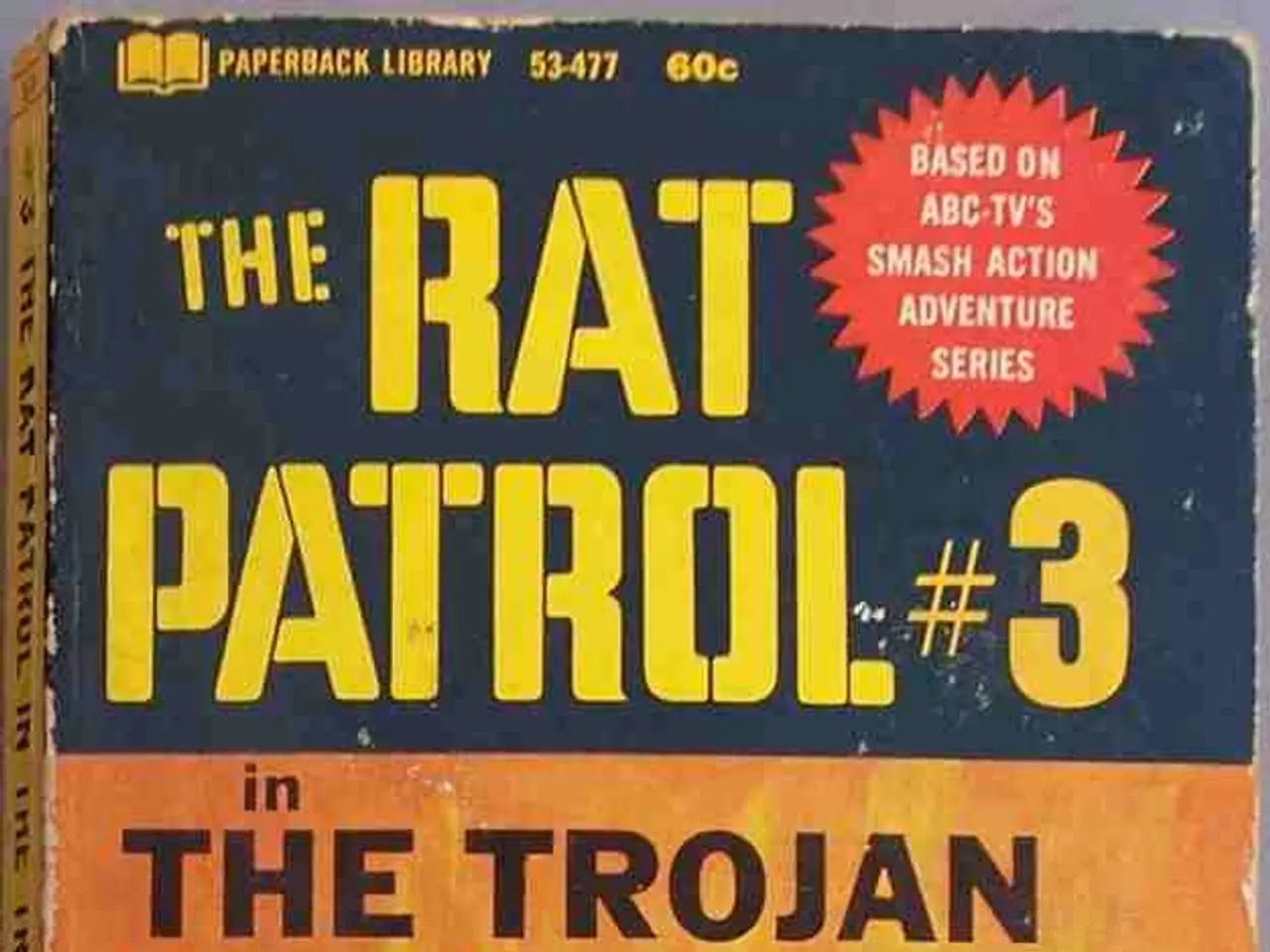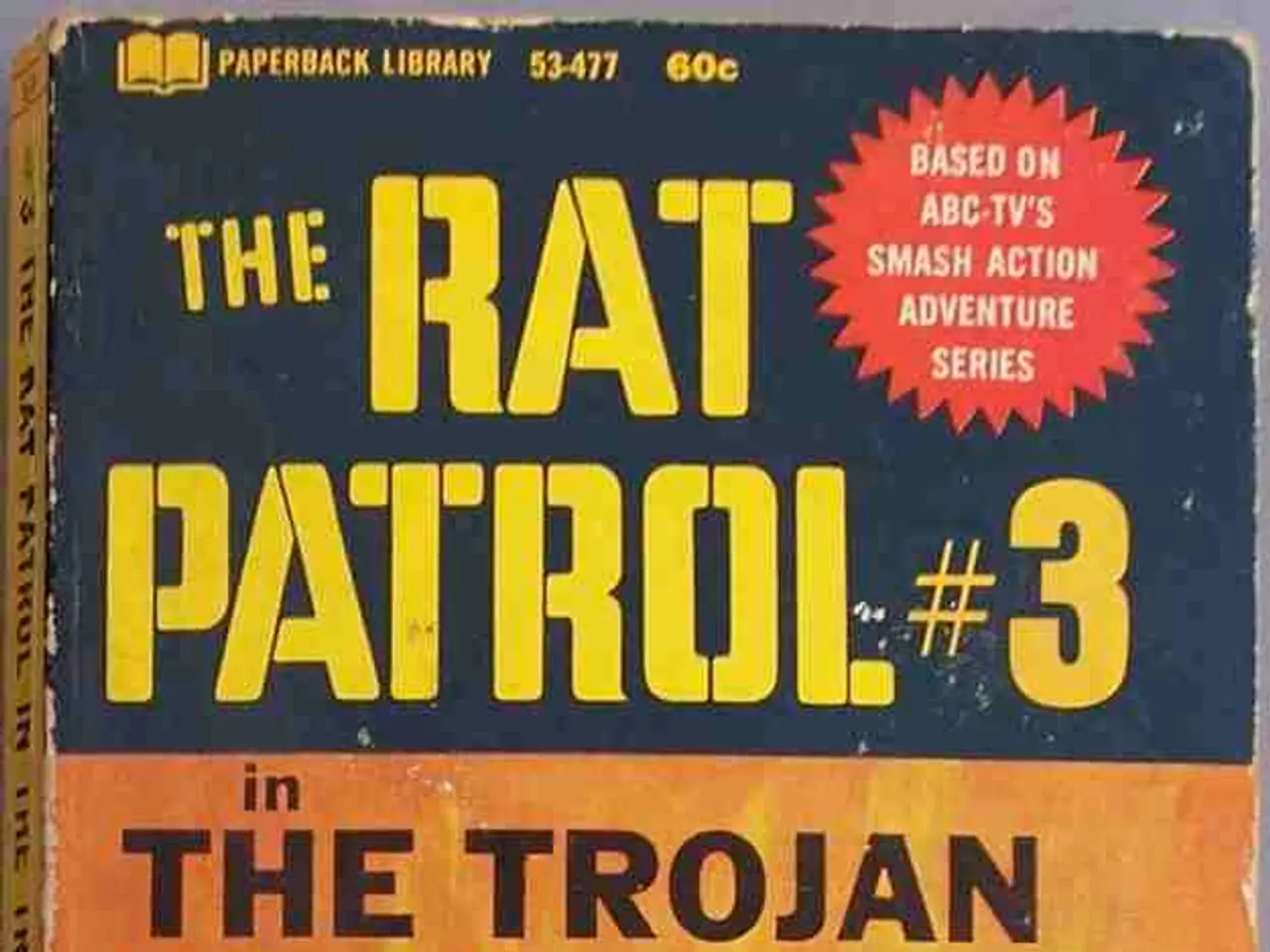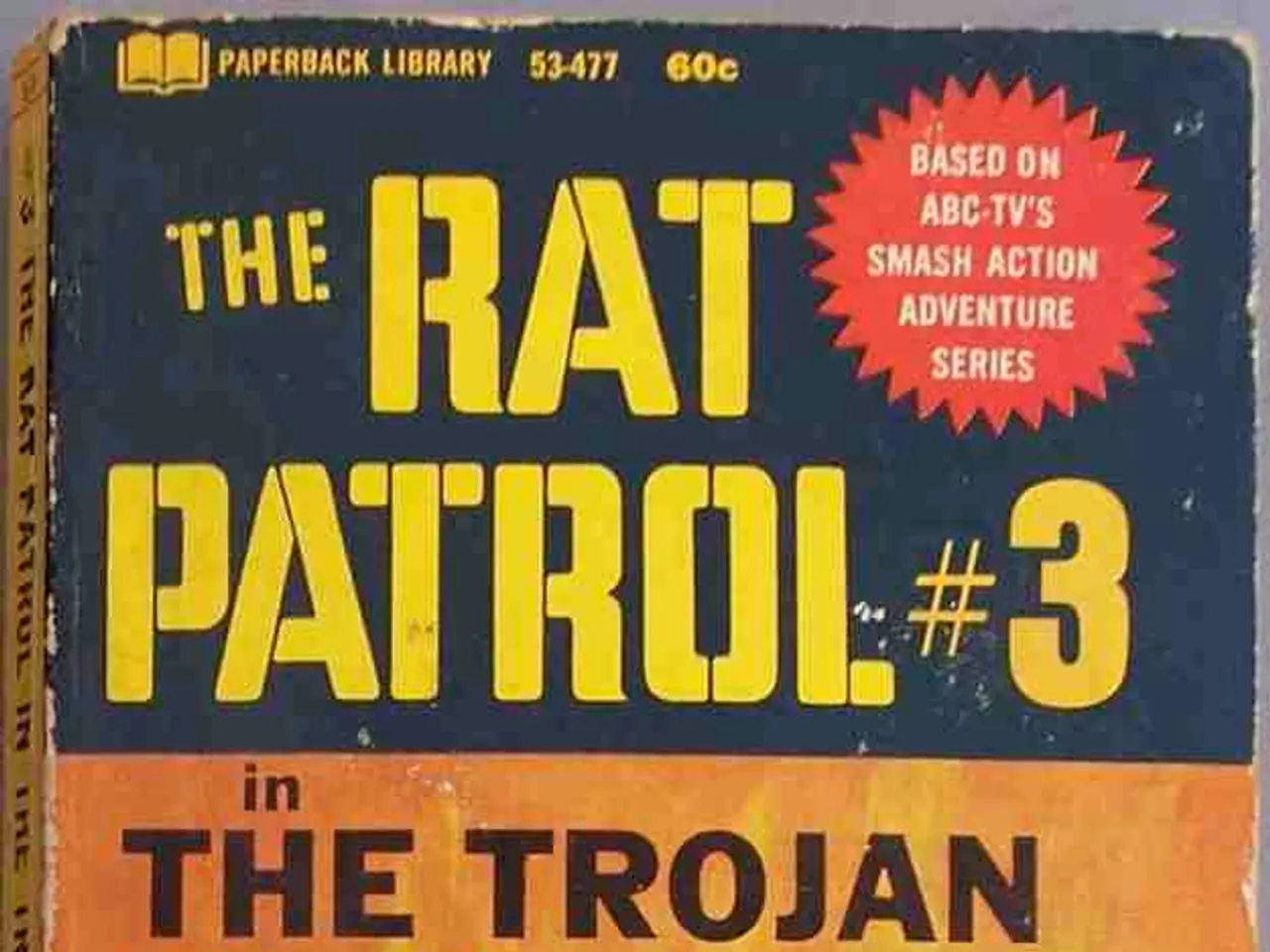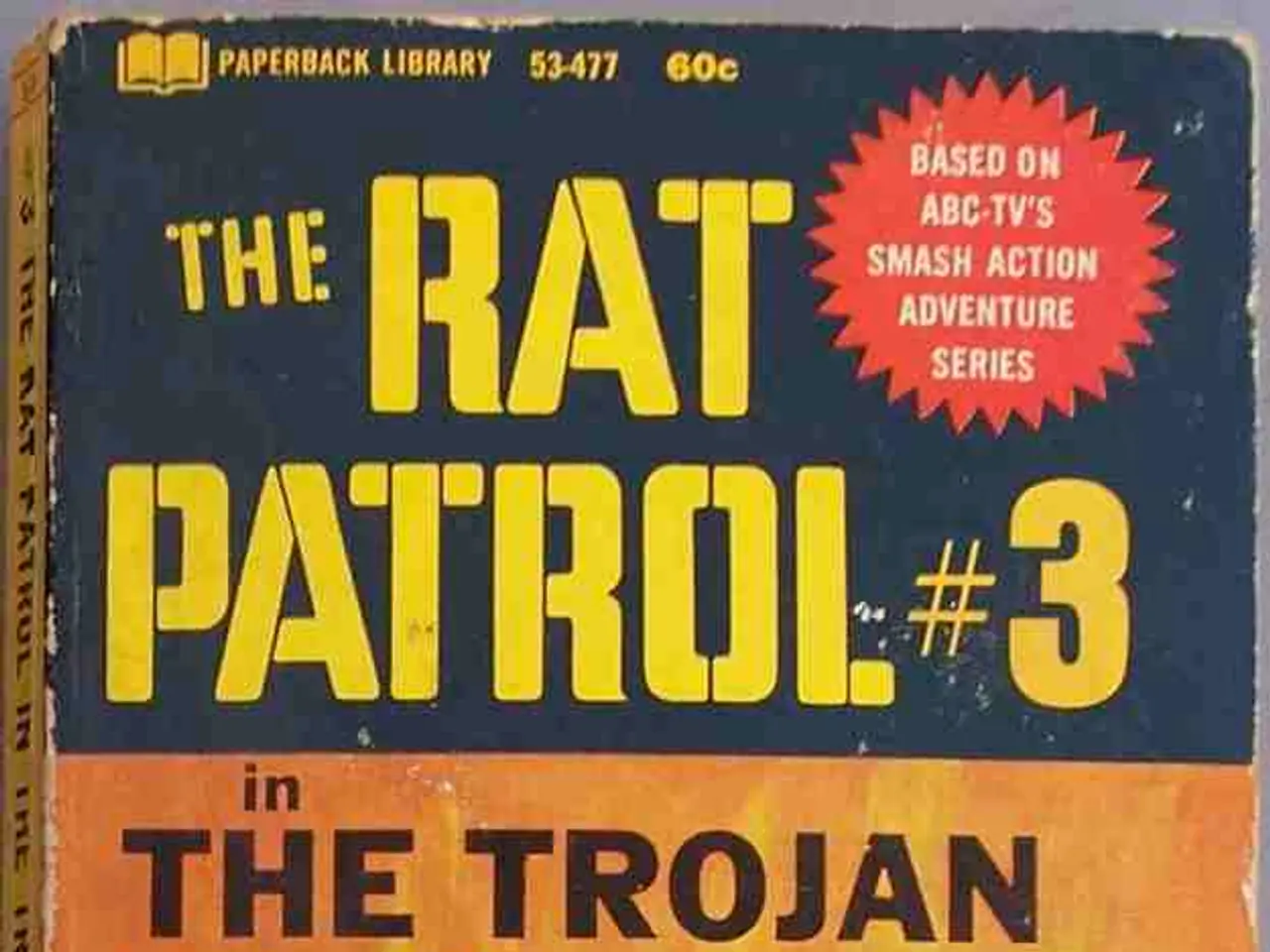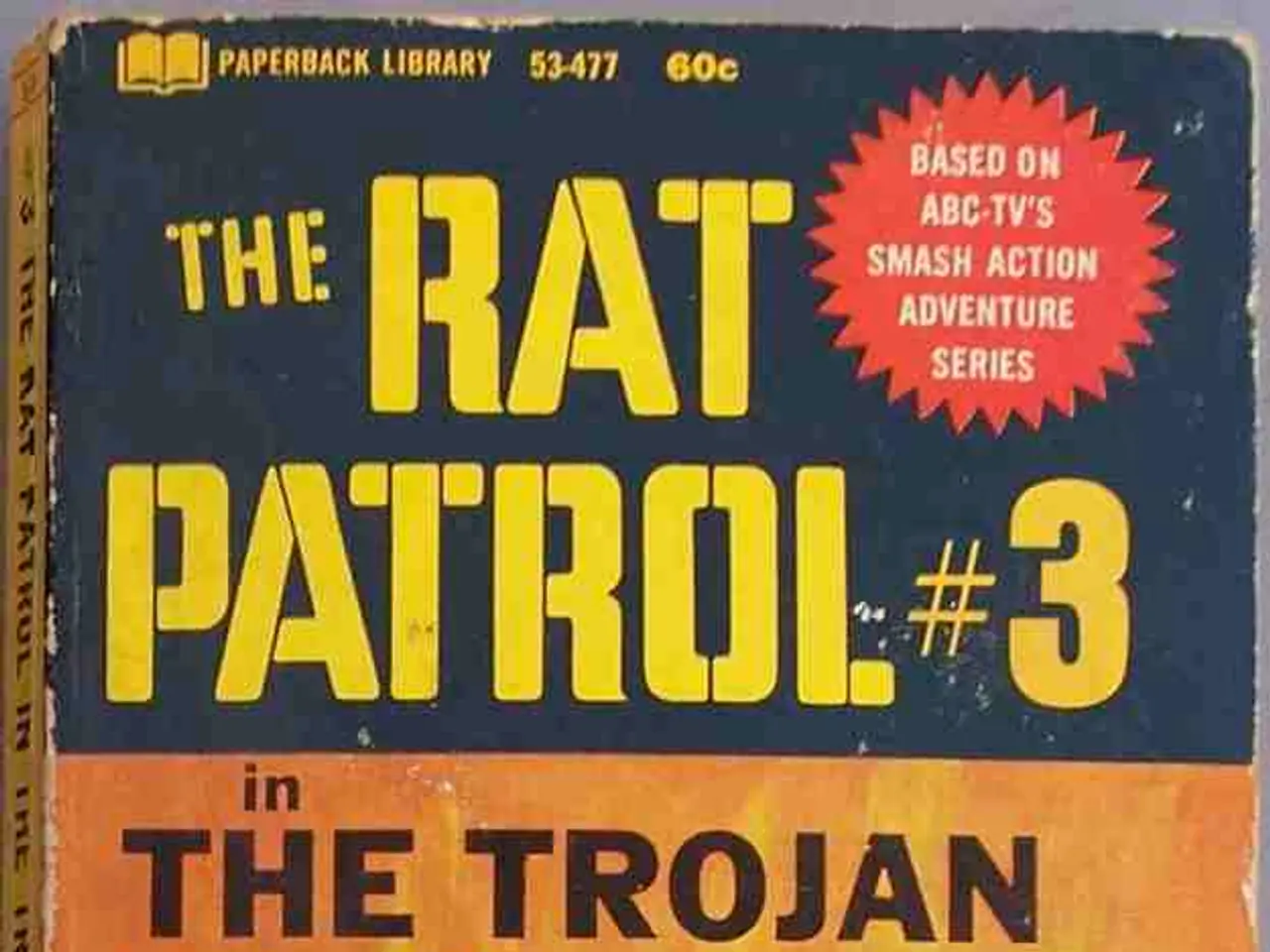Trump's solo discontent towards Putin lacks substantiation.
In recent weeks, Russia has escalated its military tactics against Ukraine, with a series of attacks on conscription offices, and continued blanket air strikes on several Ukrainian regions, causing injuries, fires, and significant damage. Meanwhile, the international community is responding with increased support for Ukraine, as evidenced by the U.S.'s cautious resumption of weapons deliveries and Europe's financial participation in this new wave of arms aid.
The U.S., after a temporary halt, is resuming the delivery of weapons to Ukraine, albeit with a more aggressive plan. This new policy shift involves supplying offensive weapons, including potentially long-range missiles capable of striking deep into Russian territory, such as Moscow. European countries are reportedly financing U.S.-made weapons that will be sent to Ukraine under this new initiative, with coordination between the Trump administration and NATO Secretary General Mark Rutte.
The shift towards including offensive weapons and the engagement of European countries financially marks a significant escalation in Western support for Ukraine’s military efforts against Russia. This development comes amidst ongoing intense Russian missile and drone attacks on Ukrainian cities, notably Kyiv.
As for China, there is no reported involvement in delivering weapons to Ukraine or in a significant role in this weapons aid process as of July 2025. The focus remains primarily on U.S. and European contributions.
The European Union is also close to agreeing on a new sanctions package against Russia, including a lower price cap for Russian oil. This move is a response to Russia's continued aggression towards Ukraine.
In addition, a massive Russian drone attack on Sumy and surrounding areas has resulted in widespread fires, damage to civilian infrastructure, and civilian casualties. Ukraine has reported three people killed in these attacks.
Ukrainian President Volodymyr Selenskyj has been actively engaging with international leaders, including U.S. President Donald Trump's Ukraine envoy, Keith Kellogg, discussing strengthening Ukrainian air defense and the delivery of defensive weapons in cooperation with Europe. Ukraine also plans to provide "complete information" about the course of the war and Russia's military potential to Kellogg, aiming for a "full understanding in America" of what is needed to force Russia to peace.
The U.S. President is expected to announce a new plan to arm Ukraine with offensive weapons, deviating from his previous stance. This decision, if implemented, could further escalate the conflict.
Amidst these developments, Russia has accused Ukraine of stalling negotiations to end the war ordered by Kremlin chief Vladimir Putin. Russia has also accused Ukraine of a drone attack on the Zaporizhzhia nuclear power plant's training center, with no "critical" damage reported.
In response to the ongoing conflict, the German government expects the U.S. to approve the delivery of more Patriot air defense systems to Ukraine. France, too, is accelerating its military build-up, aiming to double its defense budget three years earlier than planned, reaching 64 billion euros by 2027.
Kirill Dmitriev, head of the Russian sovereign wealth fund, has called for a constructive dialogue between Russia and the USA, suggesting a potential avenue for de-escalation.
As the conflict continues, the international community remains divided, with a broad majority in the U.S. Congress likely for an escalation of sanctions against Russia, and China and Russia reaffirming their cooperation, intending to promote each other's development and respond to global challenges. The future of this conflict and its resolution remains uncertain.
- The U.S. Community Policy is shifting towards a more aggressive plan, involving the delivery of offensive weapons, such as long-range missiles, to Ukraine, which could further escalate the conflict with Russia.
- Politics and general news continue to be dominated by the ongoing war-and-conflicts between Russia and Ukraine, with the European Union contemplating new sanctions against Russia and China maintaining a significant role in causing global challenges.
